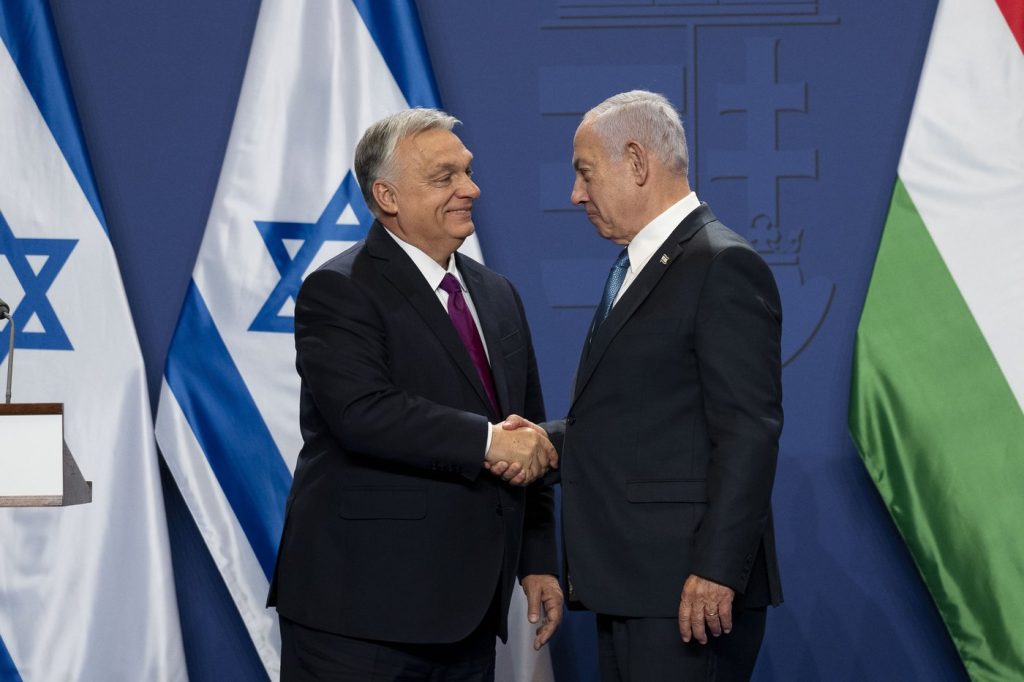THE HAGUE, Netherlands (AP) — The International Criminal Court (ICC) has taken steps to address Hungary’s failure to arrest Israeli Prime Minister Benjamin Netanyahu during his recent visit to Budapest. This non-compliance proceeding comes in light of an existing ICC arrest warrant against Netanyahu for alleged crimes against humanity related to the conflict in Gaza.
In a statement released late Wednesday, the ICC's judges expressed their concern and have requested Hungary to provide an explanation for the lack of action. Netanyahu was welcomed to Hungary with a warm reception, marked by a red carpet despite the serious legal warrant against him, which highlights a significant conflict between national actions and international obligations.
During Netanyahu's visit, Hungarian Prime Minister Viktor Orbán publicly announced his country’s intention to withdraw from the ICC, criticizing the court as biased and politically motivated rather than an impartial legal institution. On state radio, Orbán justified Hungary’s inaction by stating, “We signed an international treaty, but we never took all the steps that would otherwise have made it enforceable in Hungary,” noting that the Hungarian parliament had not incorporated the ICC’s statute into national law.
This argument has previously been rejected by ICC judges, emphasizing that Hungary's legal obligations under international law supersede internal legislative shortcomings. The ICC and various international organizations have criticized Hungary's defiance in the face of the arrest warrant for Netanyahu. Prior to Netanyahu’s arrival in Hungary, the president of the ICC’s oversight body issued a reminder to the Hungarian government regarding its “specific obligation to comply with requests from the court for arrest and surrender.”
A spokesperson for the ICC refrained from commenting on the ongoing proceedings of non-compliance. Hungary's decision to withdraw from the ICC, a process that could take a minimum of one year, would position Hungary as the only non-signatory among the 27 member states of the European Union. Currently, there are 125 signatories to the ICC, and Hungary’s intended withdrawal would place it alongside the Philippines and Burundi as the only countries to have previously exited the court.
This incident marks the third investigation by the ICC regarding member states' failure to act on arrest warrants within the past year. Earlier in February, the ICC sought an explanation from Italy for its decision to return a Libyan man accused of torture and murder instead of detaining him to serve the court’s warrant. In October, the court reported Mongolia for not arresting Russian President Vladimir Putin during his visit.
Hungary has been granted until May 23 to submit evidence in its defense regarding this matter. The situation raises critical questions about international law adherence and the responsibilities of signatory states under the ICC’s jurisdiction.










